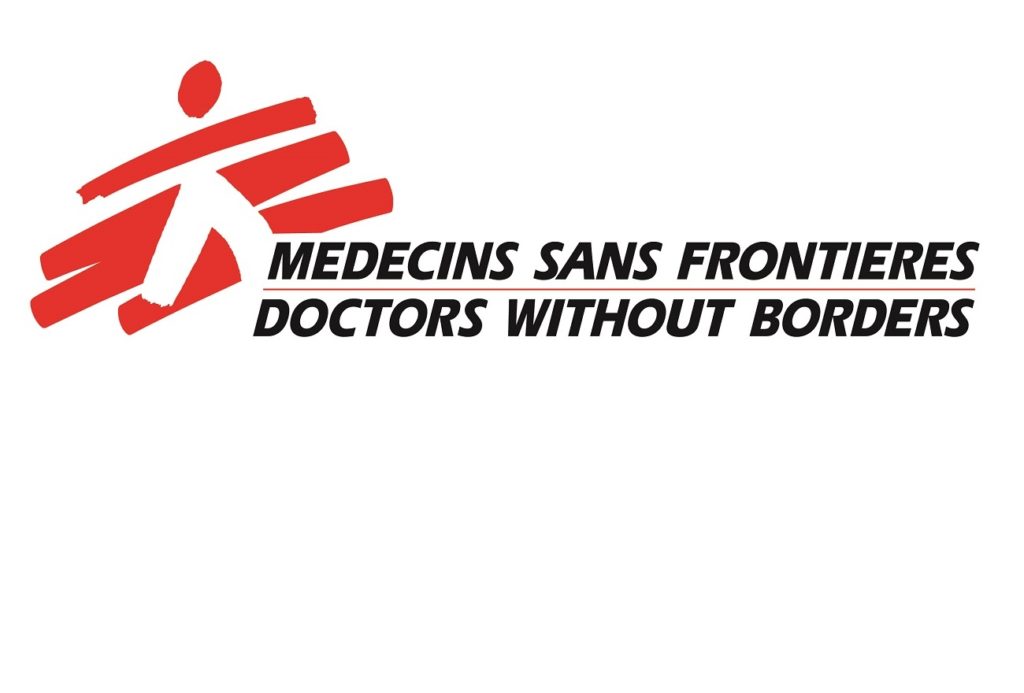Doctors Without Borders (MSF) denounced that after 10 years of conflict in northeastern Nigeria, living conditions and humanitarian needs remain very serious.
Ten years have passed since an insurgency began in northeast Nigeria between armed opposition groups and the Nigerian army. A decade on, the conflict is far from over, said Doctors Without Borders (MSF) in a statement. It said people continue to be forced from their homes by the violence and many displaced families now live in camps either operated by the state authorities or informally set up alongside local communities.
The majority of the displaced are women and children who heavily depend on humanitarian assistance for survival. It is estimated that 1.8 million people have been displaced across the northeastern states of Borno, Adamawa and Yobe.
Insecurity and displacement since 2009
Since 2009, increasing levels of insecurity and forced displacement have continued to disrupt people’s lives in the state of Borno. Although the amount of humanitarian aid has increased in the past few years, gaps in support for displaced communities have not been adequately addressed. Many areas of the state remain very insecure today, which makes providing assistance difficult.
Humanitarian workers can only work in enclaves controlled by the Nigerian military and cannot access other areas outside military control. Yet even in these enclaves, people’s needs remain unmet. This is why many people have left the relative safety of the camps, risking their lives outside the security perimeter to seek food and firewood.
In the informal camps, people live in overcrowded conditions on small patches of land, with little infrastructure or humanitarian support to ensure their basic needs are met.
“Since we arrived in this camp eight months ago, we haven’t had any latrines we can use,” said 40-year-old Lami Mustapha. “We all have been defecating in the open, usually running to the nearby bush,” she said. She has been living with her eight children in an informal camp in Maiduguri, the capital of Borno state.
Concern over rainy season
MSF said with the arrival of the rainy season, the health of displaced people is expected to worsen. There is likely to be an increase in malaria cases and people who have not received prevention treatment are particularly vulnerable.
Across Borno, flooding during the rainy season has caused a deterioration in hygiene facilities. The lack of clean water is further worsening the vulnerability of people, especially children, to waterborne diseases, such as cholera.
MSF has set up cholera treatment centers, with 100 beds in Maiduguri and 60 beds in Ngala, to quickly respond to the potential outbreak. “In northeast Nigeria, people are still exposed to a high level of violence and traumatic experiences in a conflict that is far from over,” said Luis Eguiluz, MSF head of mission for Nigeria. “Their suffering and vulnerability is extended in the camps for displaced people, where immediate humanitarian needs are not being adequately addressed.”

